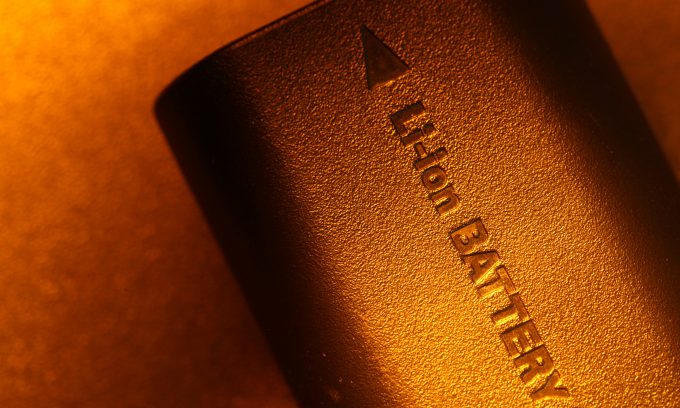Hyundai deploys fire-fighting tech to combat risk from lithium batteries
Hyundai Glovis has designed a device for its car-carrier fleet to suppress fires that break ...
FDX: ABOUT USPS PRIVATISATIONFDX: CCO VIEWFDX: LOWER GUIDANCE FDX: DISRUPTING AIR FREIGHTFDX: FOCUS ON KEY VERTICALFDX: LTL OUTLOOKGXO: NEW LOW LINE: NEW LOW FDX: INDUSTRIAL WOESFDX: HEALTH CHECKFDX: TRADING UPDATEWMT: GREEN WOESFDX: FREIGHT BREAK-UPFDX: WAITING FOR THE SPINHON: BREAK-UP ALLUREDSV: BREACHING SUPPORTVW: BOLT-ON DEALAMZN: TOP PICK
FDX: ABOUT USPS PRIVATISATIONFDX: CCO VIEWFDX: LOWER GUIDANCE FDX: DISRUPTING AIR FREIGHTFDX: FOCUS ON KEY VERTICALFDX: LTL OUTLOOKGXO: NEW LOW LINE: NEW LOW FDX: INDUSTRIAL WOESFDX: HEALTH CHECKFDX: TRADING UPDATEWMT: GREEN WOESFDX: FREIGHT BREAK-UPFDX: WAITING FOR THE SPINHON: BREAK-UP ALLUREDSV: BREACHING SUPPORTVW: BOLT-ON DEALAMZN: TOP PICK

The air cargo lithium battery debate rumbles on: to fly them on passenger aircraft or not? The latest round has been fired by manufacturers, including the noisy PRBA, which unsurprisingly wants the current status quo to be maintained. In a letter to two chairmen at the House of Representatives, they argue that shippers would otherwise be confused. It also notes – backing IATA’s argument – that there should be tough enforcement of the rules on handling and shipping of lithium batteries. It uses the crowd-pleasing argument that ‘vitally important’ medical devices could be affected. Whether the FAA, which is known to be supportive of a ban on shipments in passenger aircraft, will be convinced remains to be seen.
Comment on this article